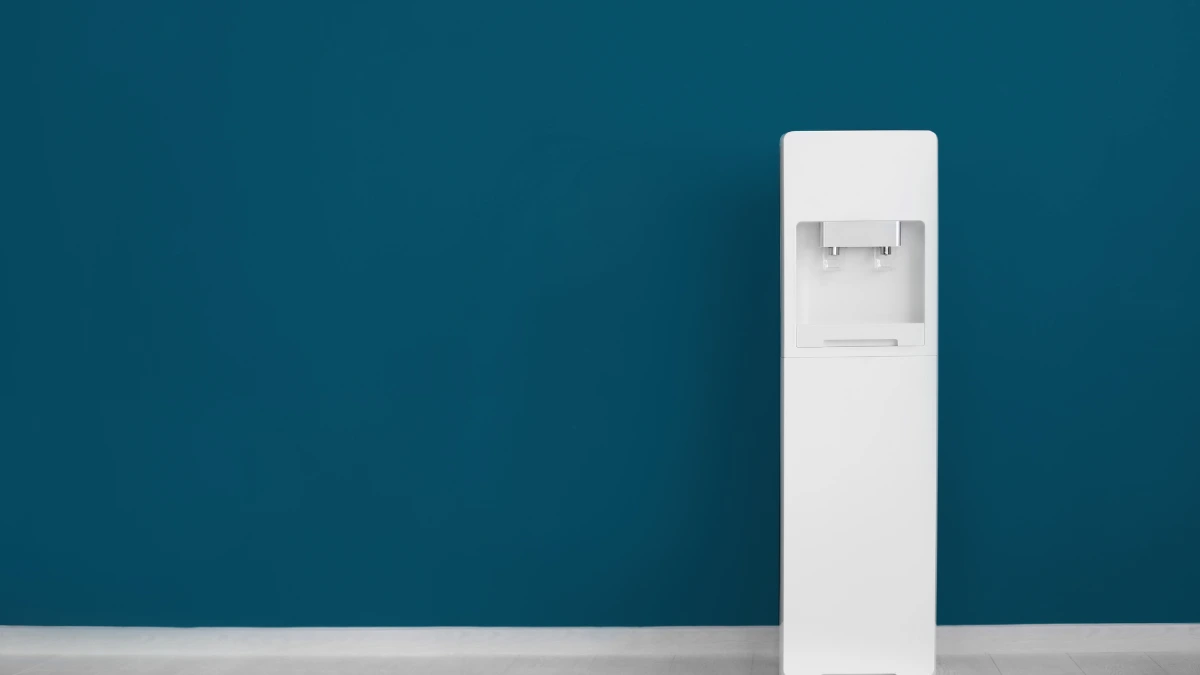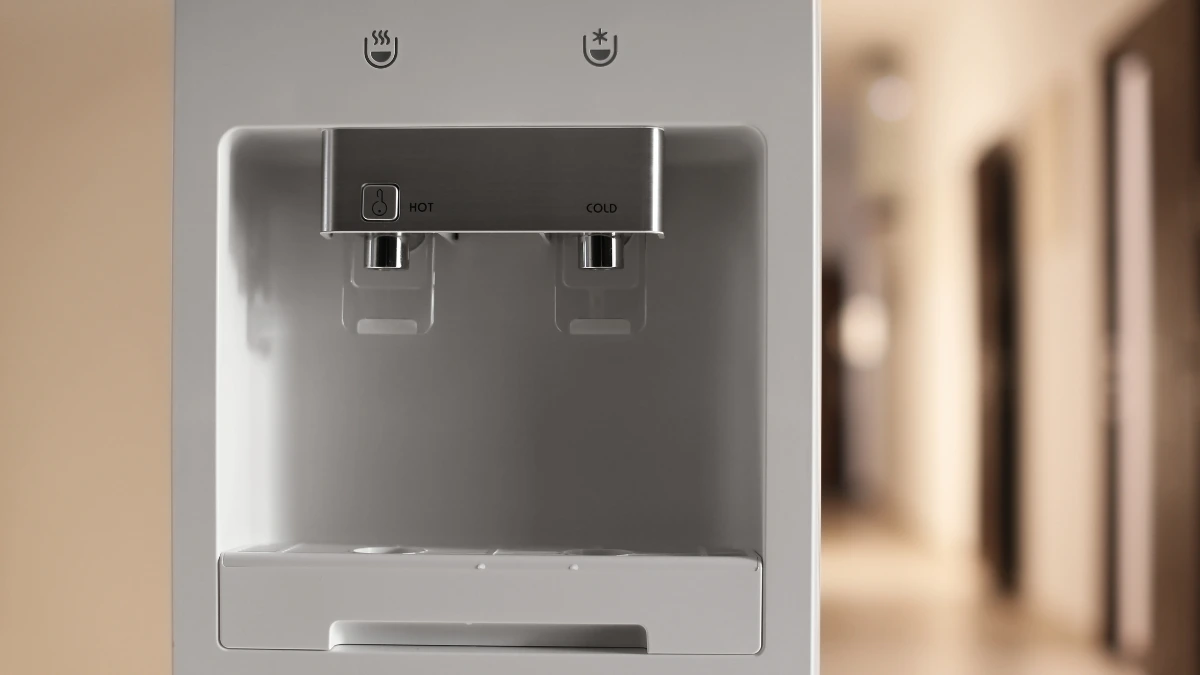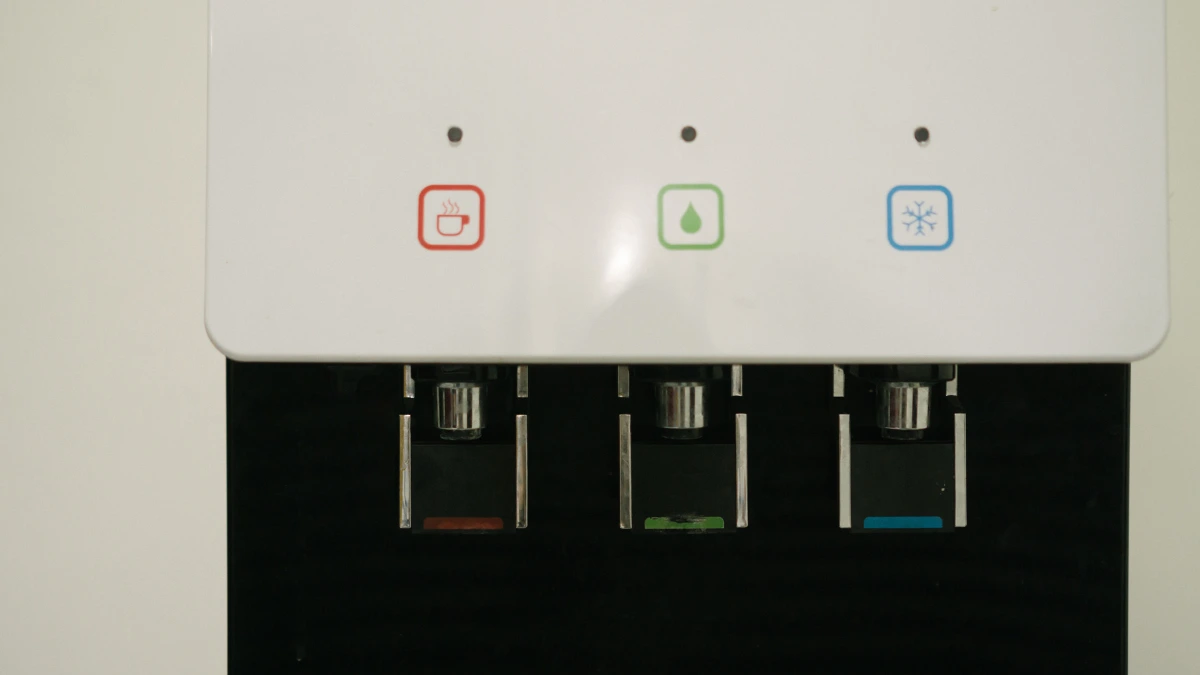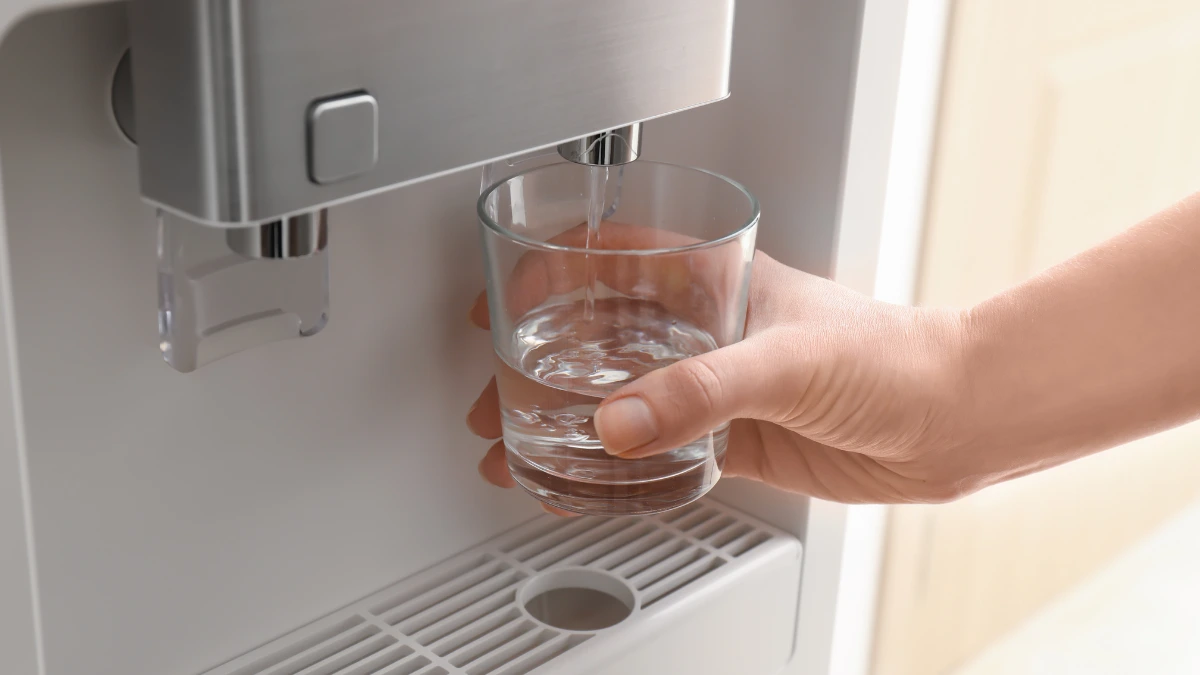A smart water dispenser provides many benefits, especially the ability to provide water for drinking. However, the advantages and disadvantages of smart water dispensers cannot be easily separated, even though the benefits are evident.
The advantages and disadvantages of smart water dispensers include adjustable water temperature, being more hygienic, energy saving, while the disadvantages include potential connection issues, requiring care and maintenance, and higher prices.
This article will inform you about some of the advantages and disadvantages of smart water dispensers that you can consider.
The Advantages and Disadvantages of Smart Water Dispenser

Like any other technology, a smart water dispenser has several advantages that can be utilized and disadvantages to consider. The advantages of smart water dispensers include adjustable water temperature, being more hygienic, and energy saving, while the disadvantages include potential connection issues, requiring care and maintenance, and higher prices. Here are the advantages and disadvantages of smart water dispensers:
The Advantages of Smart Water Dispenser

Here are some advantages of a smart water dispenser:
1. Adjustable water temperature
One of the advantages of the smart water dispenser is the adjustable water temperature. The temperature setting feature allows users to adjust the water as needed from room temperature, 45°C, 75°C, to 95°C. Or according to uses such as for making coffee, tea, or cold water.
2. Smartphone connectivity
Being able to connect with a smartphone is another advantage of the smart water dispenser. This allows users to control temperature, monitor water usage, and set schedules from the palm of their hand.
3. More hygienic
By using a smart water dispenser, you will be able to enjoy water that is more hygienic due to minimal direct contact. With the device’s automatic sensor, any glass placed under the faucet will be instantly detected, allowing the water to flow immediately without the need to press any buttons.
4. Equipped with security features
The security features are another advantage of the smart water dispenser. For those of you with small children, the child lock feature will be very helpful in preventing children from accidentally turning on the hot water. There is also an auto shut-off, which automatically stops the flow of water when the container is full or the glass is lifted.
5. Energy saving
Another advantage of a smart water dispenser is its ability to save energy. Although equipped with many features, the default setting of this device is already energy efficient. Through your smartphone, you can also measure the power usage of this device, thus minimizing excessive usage.
The Disadvantages of Smart Water Dispenser

Here are some disadvantages of a smart water dispenser:
1. Potential connection issues
One of the drawbacks of a smart water dispenser is the potential connection issues that may occur. Internet connection issues or smartphone apps may interfere with the functionality of the smart features of this device.
2. Dependence on electricity
Dependence on electricity is another advantage of a smart water dispenser. In the event of a power outage, you may not be able to use this device, as it requires electricity to run.
3. Requires care and maintenance
The many features that smart water dispensers have, of course, require more complex care and maintenance. You have to clean the filter or other electronic components regularly.
4. Different brands have different features
Another drawback of smart water dispensers is the different features in each brand. This makes you need to make sure again that the features possessed by the brand you want to buy are in accordance with the needs you have.
5. More expensive price
The price that is more expensive than ordinary dispensers is another drawback of smart water dispensers. With its smart features, of course, this device has a more expensive selling price.
Those are the advantages and disadvantages of smart water dispensers that you can consider before deciding to use them. When you choose to use a smart water dispenser, you can feel all the advantages of adjustable water temperature, more hygienic, and energy-saving.
However, don’t forget to consider the disadvantages of potential connection issues, requiring care and maintenance, and higher prices. Another thing to note is that a smart water dispenser must pass the certification test from the Directorate General of Digital Infrastructure (DJID).
With a DJID certification, users can feel calm about using a smart water dispenser device whose quality and security are guaranteed. For manufacturers or importers of smart water dispenser devices, obtaining certification from DJID is a mandatory step before the device can be officially marketed in Indonesia.
To simplify the certification process, Type Approval Certification Services for ICT Products are available to assist with this process as a reliable solution. [UN].

